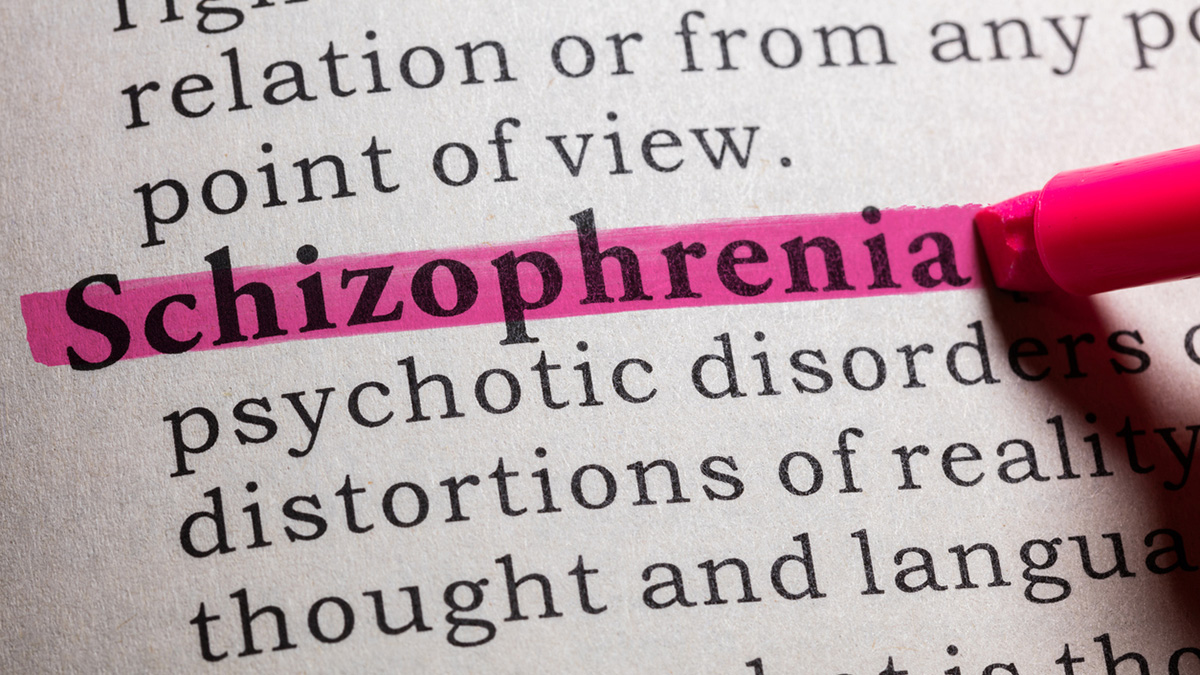BioXcel's phase 3 schizophrenia film has blockbuster potential, say analysts

A sublingual film for acute agitation in schizophrenia and bipolar disorder from BioXcel has blockbuster potential that could pose a threat to an inhaled rival from Galen, according to analysts.
Investment bank Jefferies ran the books on the company’s $69 million IPO in July and its analysts think that its AI-identified drug dexmedetomidine is likely to be approved thanks to “robust” phase 3 data and the drug’s rapid effects.
In July the phase 3 SERENITY I and SERENITY 2 trials met their primary endpoints in schizophrenia and bipolar disorder, respectively.
The company noted the drug produced highly statistically significant and clinically meaningful reductions in the Positive and Negative Syndrome Scale, Excitatory Component (PEC) score at two hours, meeting the primary endpoint.
The effects were reported for both high and low dose cohorts of dexmedetomidine, also known as BXCL501, compared to placebo.
According to Jefferies this is a “1 billion in revenue” opportunity, which could be further increased if the drug gets an expanded label in dementia with sales expected to peak in 2039.
A phase 1b/2 trial readout is due in the fourth quarter, the company noted.
The current standard of care involves rapid onset injections or slow onset oral medicines, which are also associated with adverse events.
BioXcel’s biggest competitor will be Galen’s Adasuve (loxapine), a rapid onset dry powder inhaler of a typical antipsychotic.
But this has a high number of safety issues, requires a risk-management programme and has a black box warning for bronchospasm.
This limits where it can be used as it requires people trained to deal with the safety issues.
According to Jefferies none of these issues apply to dexmedetomidine, and the team of analysts led by Chris Howerton expects adoptions outside of emergency rooms because of “clean efficacy and safety” and convenient administration.
The drug also has a long track record of safety in its intravenous formulation, which has no black box warning.
BioXcel uses an AI platform to pick molecules for indications in neurology and cancer that can quickly pass through the clinical trial process.
Dexmedetomidine is an α-2 adrenergic agonist that inhibits norepinephrine release and decreases activity of the sympathetic nervous system.
The company also has an early stage immuno-oncology drug, which could further add to sales if it proves better than standard of care, the analysts said.












